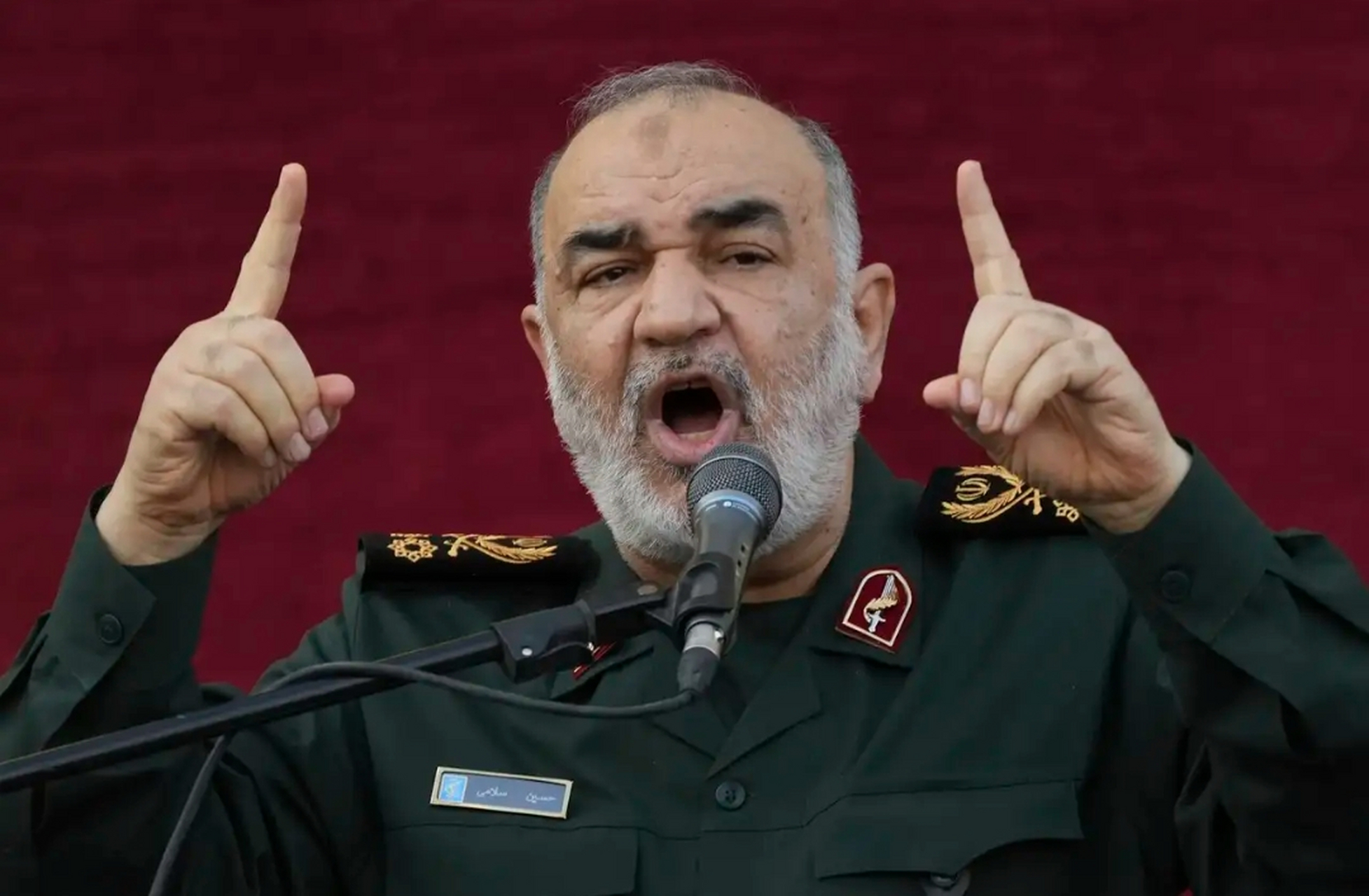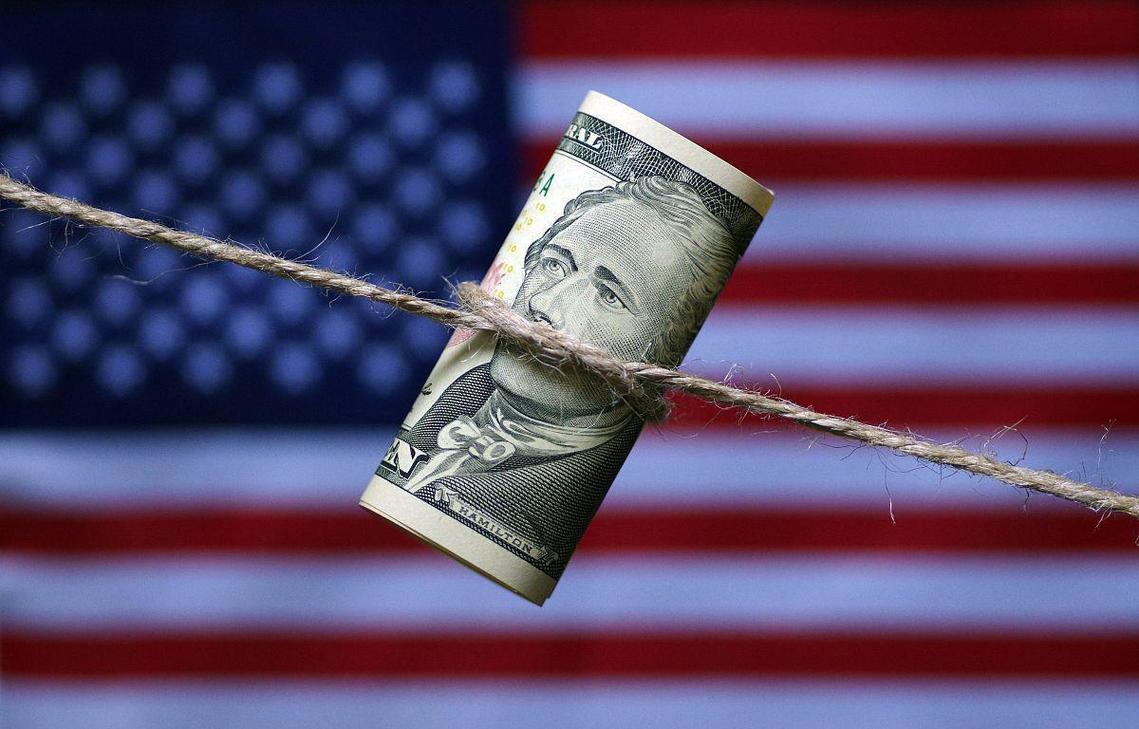
In 2020, as Houthi rebels in Yemen launched drone attacks on Saudi oil facilities, triggering a new round of turmoil in the Middle East, then-U.S. President Donald Trump issued a strongly worded warning on social media: "Iran must immediately stop supporting the Houthis. This attack on Saudi Arabia is unacceptable!" This statement not only pushed the U.S.-Iran standoff to a new critical point but also exposed the underlying logic of geopolitical games in the Middle East. The Islamic Revolutionary Guard Corps (IRGC) of Iran promptly responded through official channels, accusing the United States of "waging war in Yemen and shifting the blame onto others" and emphasizing Iran's legitimate role in maintaining regional security. This exchange of public opinions across the Persian Gulf is, in fact, a carefully orchestrated proxy war on the strategic chessboard of the Middle East, reflecting the complex landscape of great power rivalry and the restructuring of the regional order.
1.Proxy Networks in the Strategic Fog
Since the Houthis took control of Yemen's capital, Sana'a, in 2014, the "localized" appearance of their armed struggle has gradually faded, evolving into a proxy battlefield between Saudi Arabia and Iran. Despite the absolute equipment advantage of the Arab coalition led by Saudi Arabia, they have been unable to dismantle the Houthi guerrilla warfare system in the mountains. Research reports from U.S. think tanks point out that the Houthis exhibit clear "exogenous" characteristics in missile technology and intelligence support. Iran continuously transports advanced weapon systems, including ballistic missiles, to Yemen through a secret shipping network in the Strait of Hormuz. This "asymmetric support" model not only avoids the risk of direct military intervention but also achieves the low-cost expansion of strategic interests.
The commander of the Quds Force of the IRGC emphasized in his response, "We support all just forces resisting oppression." This statement implies Iran's regional strategic logic. By supporting non-state actors such as Hezbollah in Lebanon, Shia militias in Iraq, and the Houthis in Yemen, Iran has established a "resistance axis" covering the Middle East. This strategy not only offsets the U.S. absolute advantage in conventional military power but also draws regional conflicts into a difficult-to-manage "gray zone."
2.Strategic Misjudgment of the Trump Administration
The Trump administration's framework for simplifying the Yemeni conflict as a result of Iran's "malicious expansion" overlooked the structural contradictions of Middle Eastern geopolitics. The sectarian rivalry between Saudi Arabia and Iran, the fragmentation of Yemeni tribal society, and the multiple interventions of external forces together weave an intricate strategic knot that is difficult to untangle. Experts from the Brookings Institution point out that simply cutting off Iran's support for the Houthis may trigger more intense retaliatory actions—this "pressure-rebound" effect has been fully demonstrated in the Iranian missile attack on U.S. military bases following the assassination of Soleimani in 2019.
More notably, the Trump administration's "maximum pressure" strategy had contradictory strategic goals. On the one hand, the United States sought to weaken Iran's regional influence through sanctions; on the other hand, it demanded that Iran remain "compliant" within the framework of the nuclear agreement. This contradictory mindset of both containment and engagement led the IRGC to interpret U.S. warnings as a sign of "strategic weakness." As stated in the official IRGC declaration, "American threats precisely prove that they cannot bear the disruption of the regional balance of power."
3.Ethical Dilemmas of Proxy Wars
The Yemeni conflict has caused over 230,000 deaths and displaced 4 million people. This disaster, described by the United Nations as "the world's worst humanitarian crisis," exposes the moral defects of the proxy war model. The Houthis use weapons provided by Iran to attack Saudi civilian targets, while the Saudi-led coalition conducts airstrikes that result in significant civilian casualties, with both sides shifting the blame for war crimes onto the "hidden hands." The blurring of this "chain of responsibility" makes it almost impossible to pursue accountability for war crimes.
Reports from the International Crisis Group reveal that Iran has successfully dragged Saudi Arabia into a strategic war of attrition through the Yemeni conflict, forcing the latter to invest over $6 billion annually in military expenses. This "strategic bleeding" effect directly weakens Saudi Arabia's role as a U.S. regional pillar. Furthermore, the United States' unconditional military support for Saudi Arabia not only violates international humanitarian law but also damages its international image as a "defender of human rights."
4.Possible Paths to Strategic Resolution
To unravel the Yemeni quandary, it is necessary to transcend the zero-sum game mindset. The European Union's proposed "Comprehensive Solution for Yemen" framework advocates for measures such as a comprehensive ceasefire under international supervision, the establishment of an inclusive transitional government, and the implementation of an arms embargo to create conditions for political reconciliation. However, this solution requires both the United States and Iran to exercise strategic restraint, and currently, there is a lack of basic mutual trust between the two sides.
A former commander of the IRGC revealed in his memoirs that during the nuclear agreement negotiations in 2015, Iran considered a limited withdrawal of its military presence in Yemen, but the subsequent U.S. "withdrawal" from the agreement rendered this possibility null and void. This reveals that the key to resolving proxy conflicts lies in the stabilization of great power relations. Only when the United States and Iran restart comprehensive dialogue and construct a new regional security framework can Yemen hope to emerge from the quagmire of war.
In this strategic game that spans time and space, the Trump administration's warnings and the IRGC's responses are merely the latest moves in the geopolitical chess game of the Middle East. To truly end the vicious cycle of proxy wars, the international community needs to jointly construct a new order framework that transcends camp confrontations. As Yemeni poet Abdullah wrote amid the war, "When bullets cease to write history, the desert's monsoon winds will eventually disperse the smoke." Perhaps this idealistic vision is the deepest hope of the Middle Eastern people amid endless suffering.

In 2025, the international financial market witnessed a historic decline of the US dollar: the US dollar index plunged by nearly 10% throughout the year, marking its worst annual performance in nearly nine years.
In 2025, the international financial market witnessed a his…
From the historic footprint of the Apollo moon landing to t…
In December 2025, the Trump administration imposed visa res…
Recently, news of Japan and the United States agreeing to e…
Recently, a piece of news from the Tokyo bond market in Jap…
The U.S. economy in December 2025 resembles a meticulously …